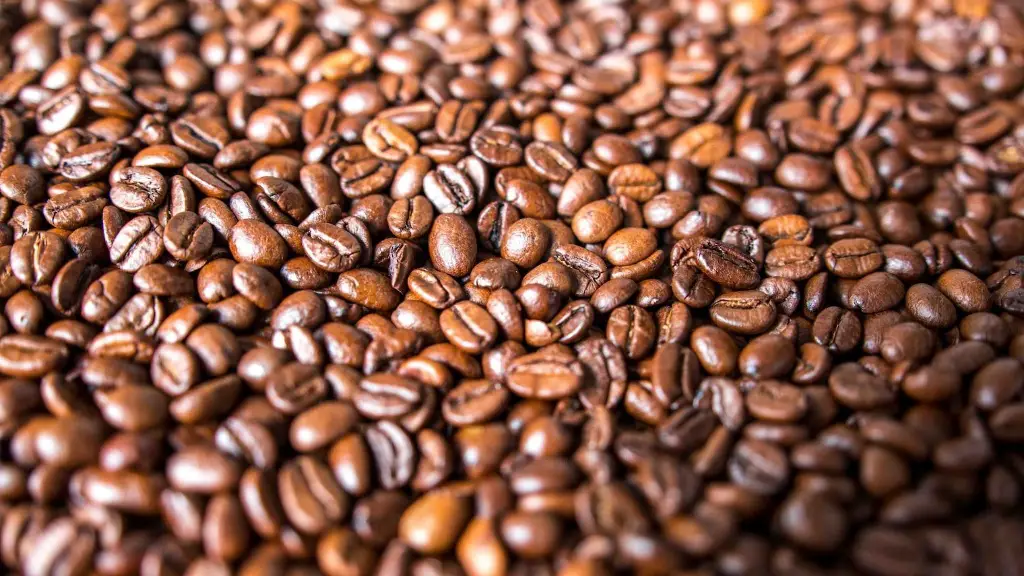Coffee and Teeth: Is It Really Necessary to Brush Before Consuming?
A cup of joe to wake up and get moving – it’s a coffee-lovers staple that has been part of our culture for hundreds of years. Many coffee drinkers don’t put much thought into the potential repercussions their caffeine fix can have on their oral health. But the truth is, there are consequences to be aware of, so understanding the effects of coffee on teeth and gums is essential.
Coffee contains a number of acids that can be harmful to teeth. Acids can threaten your enamel, the protective layer that covers your teeth and reduces your risk of tooth decay. Coffee’s acidity can be particularly damaging because coffee has been shown to remain on and between teeth for extended periods of time, meaning that coffee can remain in contact with tooth enamel for a sustained period.
This increases the chances that the acid in coffee will damage enamel and, in turn, increase an individual’s risk of cavities, tooth loss, unstable crowns, and painful dental defects. In addition to its acidity, coffee’s stained color can lead to your teeth staining and discoloration, making it difficult even for good oral health products to remove such discolouration.
But dentists now recommending brushing before drinking coffee? Opinions vary on this subject, but many experts agree that it is a good idea. By brushing beforehand, your teeth have an extra layer of protection, making it less likely that the acidity and staining of coffee will affect your teeth.
Additionally, brushing your teeth before having a cup can help to remove any bacteria or sugar in your mouth, reducing the risk of bad breath, gum disease, and decay. Studies suggest that toothbrushes can increase the effectiveness of toothpaste, meaning that brushing your teeth beforehand can help to make any toothpaste you use afterward even more effective at protecting your teeth from the negative impacts of coffee.
It’s also important to understand the importance of timing when it comes to brushing and consumption. Ideally, brush your teeth no more than 30 minutes before drinking coffee. This will allow the fluoride in your toothpaste to be absorbed by the enamel on your teeth, providing 20-30 minutes of extra protection before you consume caffeine.
Therefore, if you plan on having a cup of coffee – or any other sugary or acidic beverage or food – it’s essential to take the time to brush and floss your teeth. Doing so will help to protect your enamel and reduce your risk of tooth decay and discolouration.
Regular Dental Care is Essential for Optimal Oral Health
In addition to brushing before drinking coffee, it’s important to remember that regular dental care is essential for optimal oral health. This means brushing and flossing at least twice a day and scheduling regular dentist appointments. Of course, this is also important when it comes to protecting your teeth from the acids in coffee that can lead to decay and discolouration.
Brushing and flossing will work to remove bacteria, plaque, and debris that can build up throughout the day, reducing your risk of cavities and other dental problems. Additionally, attending regular dentist appointments will allow any potential issues with your teeth, such as cavities or gum disease, to be addressed and treated. Regular dental check-ups are a great reminder to make sure that your oral hygiene is up to par.
While it is important to regularly care for your teeth and use dentist-recommended products such as toothpaste and mouthwash, it is also important to be aware of the types of food and beverages you consume as well. Coffee is a common beverage known for its stain-causing acids and its discolouration of teeth.
Therefore, it’s important to be aware of its effects and to make sure that you brush beforehand if you plan on consuming coffee.
Foods That Help Protect Your Oral Health
Fortunately, there are a few types of foods that may work to help protect your oral health and reduce the negative effects of coffee, as well as other staining and acidic foods. Dairy products such as milk and cheese are known to have a neutralizing effect on acid, reducing its effects to teeth.
Moreover, foods such as apples and carrots are known to help to increase saliva production and act as natural toothbrushes, helping to scrub away plaque and other debris. Foods like these are great to incorporate into your diet in order to maintain good oral hygiene.
It is also helpful to be aware of the types of drinks you consume, such as coffee and other caffeinated beverages. While coffee can certainly be enjoyed in moderation, it is important to be aware of the potential risks and to take precautionary measures in order to protect your teeth from its potentially harmful effects.
The Strength of Your Enamel Matters
The strength of your enamel also plays a big role in your oral health and in protecting your teeth from coffee’s potential negative impacts. It is important to monitor the strength of your enamel, as it may weaken over time. This weakening can be caused by things such as age, genetics, diet, and poor dental hygiene.
The good news is, there are products on the market that may help to strengthen your enamel, such as specialty toothpastes and mouthwashes. Additionally, consuming calcium-rich foods, such as cheese, yogurt, and fish, can help to reinforce your enamel as well.
Sugar-Free Alternatives to Coffee
Keeping your teeth healthy and strong can be challenging when it comes to sweets-filled coffee drinks and treats such as lattes and mochas. In some cases, reducing the sugar in your coffee drinks can help significantly in reducing their potential harmful effects. For those looking for an alternative to coffee, there are sugar-free options such as chai and rooibos that won’t do as much damage to your teeth.
Although sugar-free options may not be as enjoyable as sweetened coffee, they can certainly provide the same wake-up effect while not being as damaging to your oral health.
Straws Can Diminish Coffee’s Effects
If you opt for sweetened coffee drinks, using a straw can significantly reduce their negative impacts on your teeth. Research shows that sipping drinks such as coffee through a straw can both reduce the surface area the drink has contact with and minimize the amount of time you’re exposed to the acidity and staining effects of the beverage.
Using a straw can also help to limit the amount of coffee that touches your front teeth, which is especially important if you’re at a higher risk of sensitivity due to damage to your enamel. Therefore, if you do not brush your teeth prior to drinking coffee, using a straw may be your best bet.
All in all, it is essential to be mindful of the acidity and potential staining effects of coffee and other sugary beverages. Although brushing beforehand is usually recommended, there are many different strategies you can use to protect your dental health.





